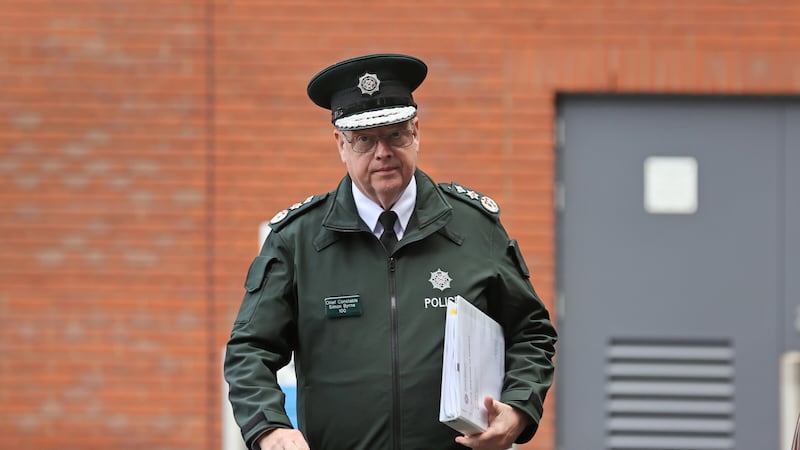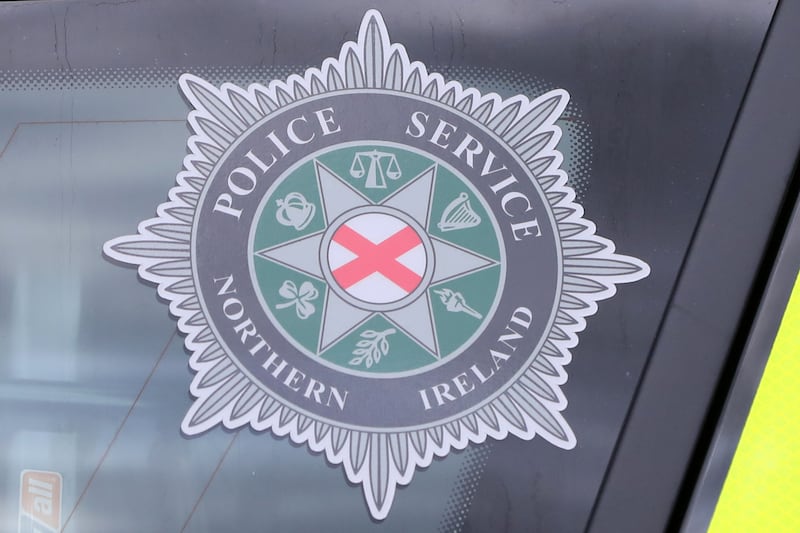There can be no doubt that the PSNI's catastrophic data breach is the most serious in the history of the force and it will be widely believed that, in all the circumstances, it is also represents the worst case of its kind involving a police service anywhere in Europe during the digital era.
While human error is always possible in any large institution, it is a sad fact that PSNI officers face an enormous threat to their personal safety both on and off duty on a daily basis.
Many serving members of the force, particularly those who come from a Catholic background, have felt unable to divulge their occupation to family members and friends, even in the new dispensation since the 1998 Good Friday Agreement.
Read more:
- Second PSNI data breach revealed as chief constable set to face policing board
- What to know about the PSNI's ‘major data breach'
It is nothing less than astonishing that the surname, initial, rank or grade, base and departments of all current officers could be accidentally published on a public website in response to a Freedom of Information (FOI) request.
The information, covering every PSNI member from chief constable Simon Byrne down, was reportedly only available on whatdotheyknow.com for less than three hours, but it does not appear possible to establish who may have accessed it during that period.
Although the names of some officers are already known, including those who hold senior rank or are involved in uniformed duties, others involved in more sensitive roles will be appalled that their details were voluntarily sent to the website by their own employer.
Many will have to be urgently redeployed, and the possibility of moving house will also be considered, while there can only be enormous relief that home addresses were not attached to the documentation.
Senior officers have said they are satisfied at this stage that the breach was caused by a simple internal mistake, but a much more detailed explanation will have to be offered on the record without delay.
The PSNI’s most sensitive structures have proved to be gravely defective, and not just serving officers but the general public need to be told the full sequence of events.
Direct questions have increasingly been asked about the PSNI’s performance on a number of fronts, with the failure of the force to protect highly confidential staff records raising particularly fundamental issues.
Mr Byrne yesterday cut short his annual holiday to return to his desk, and several careers, including his own, will depend heavily on the answers he eventually provides.








